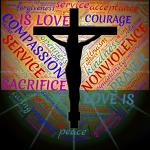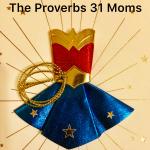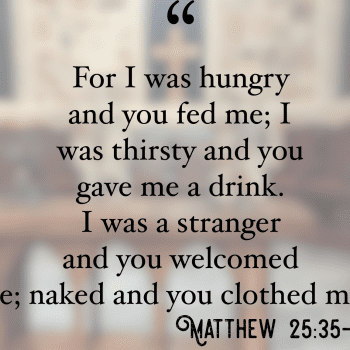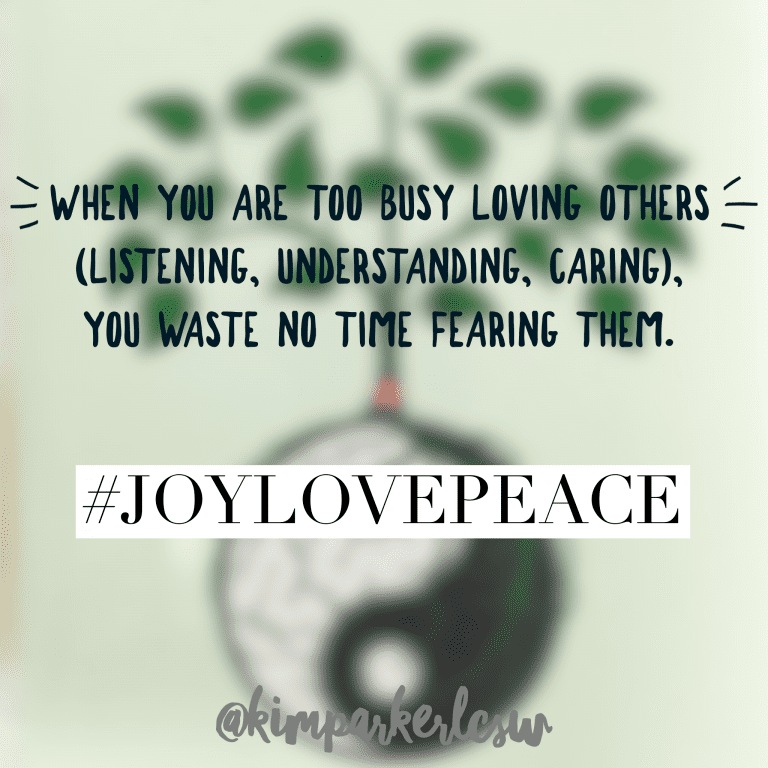In America, who claims marginalization?
1. African Americans: Many in this group are generally quick to say that native Americans or indigenous people groups “have it worse” than them.*
2. Foreigners: Historically, all immigrants from various countries in Europe, Asia, and other continents feel the burn of discrimination and prejudice against them despite being legal immigrants and eligible for citizenship. In the last few decades, this term refers to nonEuropean immigrants, but especially the ones without legal authorization to immigrate to the US.
3. People of Color: Any nonwhite, nonEuropean Americans. This includes Asian Americans, Latinx Americans, and Black Americans. Americans of color who are younger, or who are more removed from immigrant generation, tend to see themselves as part of this “marginalized” group compared to their older counterparts.
4. Women: Traditionally, American society can be described as patriarchal like the rest of the world of old. With the changing of times came the change of perspectives and broadening of women’s rights to vote, own property, divorce, subsume traditional male jobs, even become leaders of companies and bureaucracies. In the #metoo era, women have called for better protection in the workplace against sexual harassment and abuse of power by male authority figures.**
5. The Poor: Mostly this term is used to refer to individuals and families found in intergenerational poverty.
6. Others: The disabled (mentally, physically, or developmentally), religious minorities (historically Catholics were the minority in America, then Jews, now Muslims), and more recently folks who identify as lgbtq.
But everything seems to change with time and the pendulum continues to swing both ways.
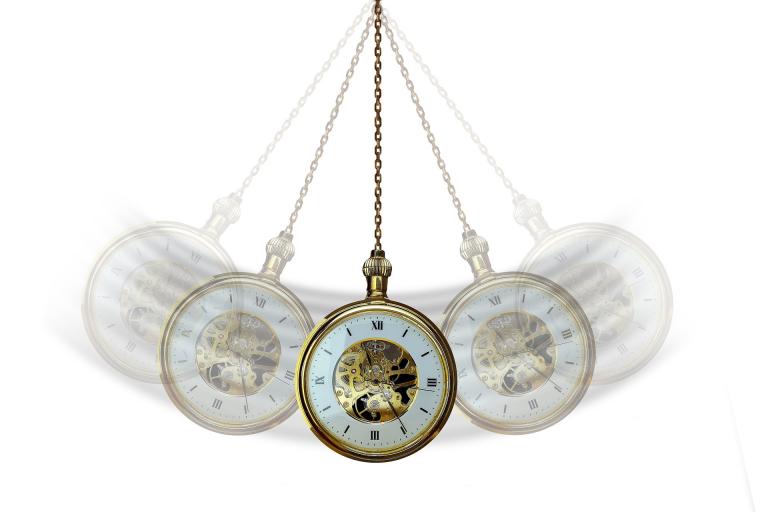
Today, even those who are classified by social justice activists as belonging to the class of “oppressors” now cry bigotry and injustice! They, too, feel marginalized and dehumanized. This newest socio-political phenomenon may be due to the fact that in the last few decades, identity politics, Marxism/critical race theory, and intersectionality frameworks have all risen as legitimate ways of seeing culture and reality in America. Perhaps originating in higher academia, and propelled by likeminded influencers in the liberal mainstream media, these new ways of viewing the self, the country, and the world have affected corporate world policies, government rules and regulations, and church unity. Steadily, Americans are put on a hierarchy of oppression/levels of victimization chart. People that score lower on these intersectionality charts (see one example here) regardless of their behavior or character traits find themselves feeling increasingly left out, misunderstood, demonized, forgotten or rejected. And, not surprisingly, they are fighting back.
What helped?
United States foreign policy in the late 1970s and 1980s, allowing the immigration of hundreds of thousands of South Vietnamese refugees who escaped persecution and poverty (after a bloody communist takeover in 1975) helped. Getting sponsored at camp by predominantly white Lutheran Church in 1979 to immigrate to America helped. Helping my parents to study for the US citizenship exam helped. Being given academic scholarships for a private high school and private college education helped.
Heeding Asian cultural advice to lay low, below the radar, not rocking the boat or protesting authority (aka “the hands that feed you”) helped. Becoming a born again Christian during my sophomore year by accepting the gift of Jesus Christ helped. Graduating from a prestigious university and obtaining a graduate degree a few years later helped. Also, being married to a white Christian man (even if he was of humble means) helped.***
7 Tips To Stop the Cycle of Marginalizing and Dehumanizing
- Respect biblical truth: See the person as a fellow image bearer of God (not as subhuman or negative group stereotypes)
- Listen to her (different from debating or agreeing, may include silent presence)
- Show interest in his perspective/concerns (instead of dismissing his behaviors as “toxic masculinity” or “snowflake”)
- Put yourself in her shoes (put on empathy, not conceit; refrain from judging or talking at her)
- Learn from him (show humility instead of assuming you already know based on your reading or educational attainment): Philippians 2:3-4
- Show that you care (connecting on the human to human level, making eye contact)
- Let the above transform your attitude and behaviors (stripping yourselves of superficial labels, then putting love/empathy into action and breaking bread with your neighbor)

When we do for the least of these, we see and experience God.
Today, I see many on the Christian right struggle with feeling vulnerable, oppressed, marginalized, and dehumanized. I hear them cling to Christ’s comforting words, “Blessed are you when others revile you and persecute you and utter all kinds of evil against you falsely on my account.” (Matthew 5: 11) To the utter disbelief of their opponents, they are comforted by “Rejoice and be glad, for your reward is great in heaven, for so they persecuted the prophets who were before you.” (Matthew 16:24-25). And they march on in faith prodded by Jesus’ commandments, “If anyone would come after me, let him deny himself and take up his cross and follow me. For whoever would save his life will lose it, but whoever loses his life for my sake will find it.” (Luke 21:36).
* A small but growing percentage–Black conservatives and also recent immigrants from Africa– do not self identify with this victim mentality but rather with the values of conservatism and the idea of American privilege and exceptionalism.
** Ironically, traditional feminists now find themselves fighting to protect women and women’s livelihood against the new trend of degendering sports, public bathrooms, and the push to normalize objectification of women and children through legitimizing “sex work”.
*** More about our “marriage made in heaven but you must live it out on Earth” love story here.

